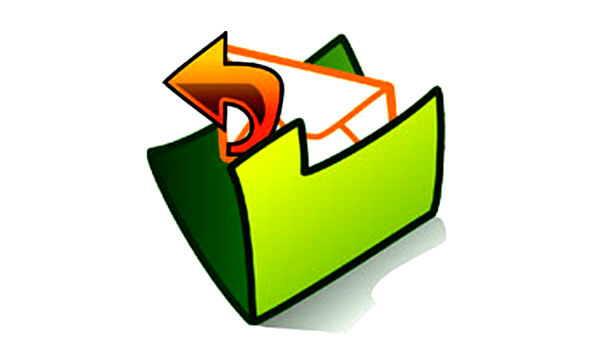Find Best eDiscovery Software for Your Business
We help you find the right eDiscovery Software for your business.

Browse Popular eDiscovery Software
Up-to-date listing of eDiscovery Software to assist you throughout your software selection and purchase journey.
eDiscovery Software
Explore best eDiscovery Software for your business.
eDiscovery Software:
eDiscovery Software or Electronic discovery software is a software that is used by organizations to retrieve information from a various sources including email, public folders, and company documents quickly and in a cost-effective way by performing searches across headers, body text, and various types of attachments.
Legal professionals can process, review, tag, and produce electronic documents as part of a lawsuit or investigation by using eDiscovery Software. The software can be used by Law firms and corporate legal departments to collect all possible files and associated metadata and filter out information beyond the legal scope. Then, the individual documents can be reviewed to determine relevance to the case. The software can be integrated with database, file storage, or backup systems to streamline import and data collection processes. It can also be integrated with other case management tools to group this data with all other information related to specific cases.
Types of eDiscovery software
- Data Collection and Preservation Software
- Data Processing Software
- Legal Hold Management Software
- Document Review Software
- Predictive Coding Software
- Case Management Software
- Reporting and Analytics Software
Features and Benefits of eDiscovery Software:
The eDiscovery Software has several features that can benefit the user in many ways to grow their business. Some of these include:
- It make the jobs of legal teams easier by finding and providing electronic information in response to a request for production during a lawsuit or investigation.
- The software can be used for reviewing documents, keeping track of open cases, and managing litigation workflows along with preserving metadata, such as time and date stamps, authorship information, and file properties, which is often important evidence.
- Valuable information can be discovered regarding a matter that can help reducing costs, speeding up resolutions, and mitigating risks.
- The legal procedure is provided by the software by which parties can exchange information and evidence with one another in state and federal courts.
- Data files can be collected and compartmentalized from companies and individuals involved in pending court cases.
- Documents can be filtered and sorted as needed based on user settings, pulling data points relevant to the case.
- The software can help analyze huge amount of data stored digitally for record keeping purposes.
- The software can help you uncover valuable evidence in a way that is time and cost efficient.
- You can save time as well as money as you can you to do more work, more efficiently in a manner that is both client and firm friendly.
- Sanctions can follow when discovery is done wrong which can be avoided by eDiscovery Sanctions.
- Common discovery steps such as data ingestion, file indexing, OCRing, virus scanning, and more can be automated preparing documents to be reviewed and produced.
- Review of the data can be done by the legal teams by creating searches to find documents, sorting information by metadata fields such as creation data or document author, and tagging files as responsive, non-responsive, by subject or legal element, etc. once the data is loaded into a platform.
- The amount of documents required to be reviewed can be reduced as the teams can quickly take out extraneous files, such as duplicate files and information outside the scope of the review. This will allow you to focus in on the most important data.
- The software can automatically bates stamp documents, apply redactions, and create productions once the data has been obtained, reviewed, and tagged. This can be securely shared with other parties.
- Documents can be uploaded, reviewed, and produced online with discovery software that is cloud based. This can reduce the delays, costs, and frustrations associated with eDiscovery approaches such as manual review, third-party vendors, or legacy software.
- Users can be ensured that their data is secure and that electronically stored information will not be tampered by using this software. A record of security can also be provided to prevent accusations of foul play, particularly around metadata.
Uses of eDiscovery software
- Data collection from various sources
- Data processing, including indexing and file format conversions
- Document review and analysis
- Legal hold management to preserve relevant data
- Predictive coding for efficient document prioritization
- Case management for centralized process management
- Reporting and analytics for insights and decision-making



